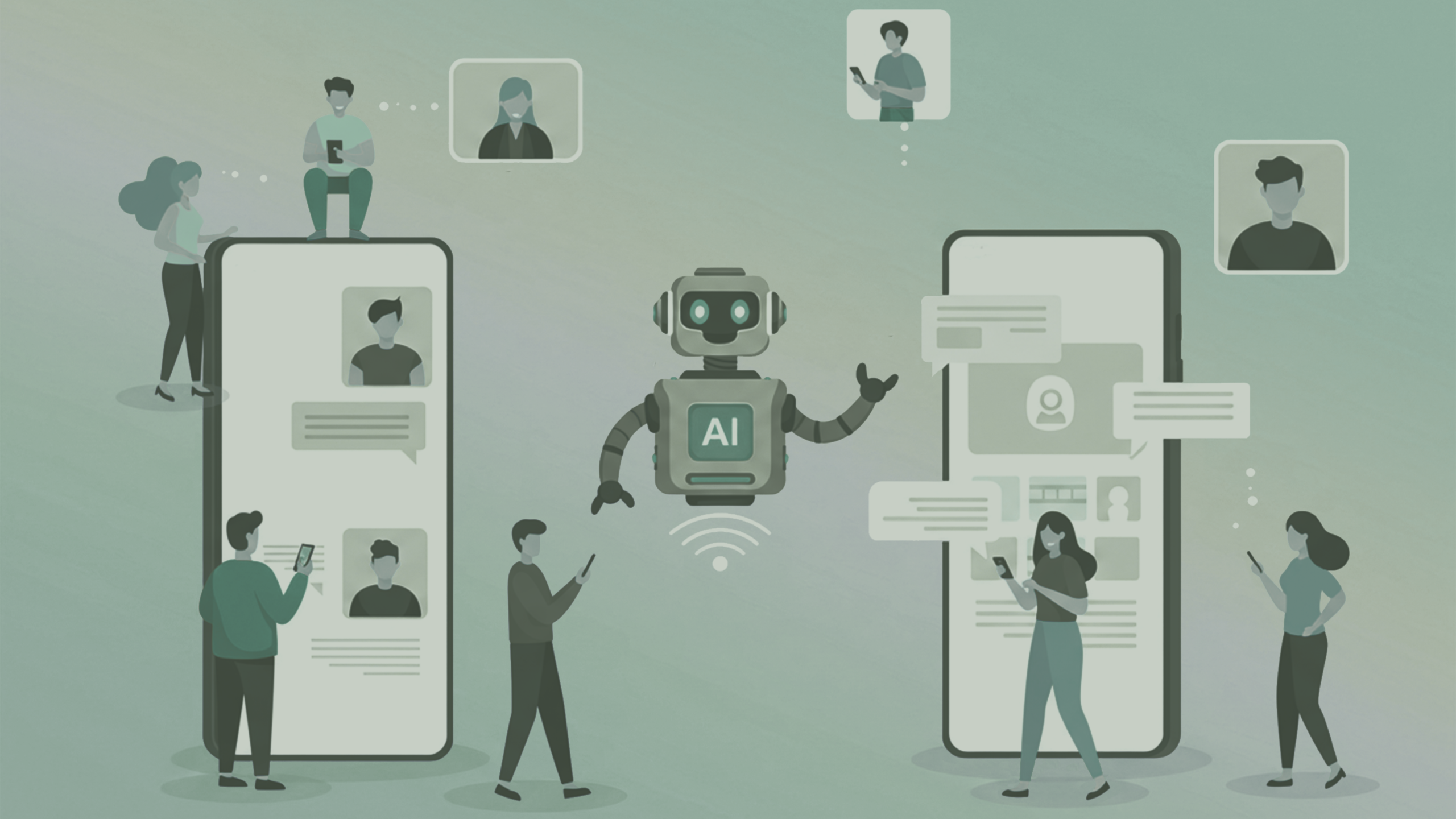What Percentage of Jobs Will AI Actually Replace?
The reality of AI job displacement is already here.. but what jobs will AI replace? Current data shows that 14% of workers have already experienced job displacement due to AI, while 30% of U.S. workers fear their job will be replaced by AI or similar technology by 2025. However, the full impact varies dramatically by industry and job type.
The World Economic Forum estimates that artificial intelligence will replace some 85 million jobs by 2025, but this number comes with an important caveat: they’re also projected to create 97 million new roles in areas like AI development, data science, and human-AI collaboration.
Which Specific Jobs Are Most at Risk Right Now?
Entry-Level and Administrative Positions
Entry-level jobs are especially vulnerable, with nearly 50 million U.S. jobs at risk in coming years. The most immediate targets include:
Data Entry and Clerical Work: Clerical and administrative roles (secretaries, data entry clerks) are among the first to be automated. These positions involve repetitive, rule-based tasks that AI excels at performing.
Bank Tellers and Cashiers: Employment of bank tellers is projected to decline by 15% from 2023 to 2033, eliminating about 51,400 jobs, while cashier employment is projected to decline by 11% (a reduction of 353,100 jobs).
Knowledge Workers Face Unprecedented Risk
Surprisingly, educated white-collar workers earning up to $80,000 a year are the most likely to be affected by workforce automation. Many of the jobs with high chances of getting upended by AI soon, like political scientists, journalists, and management analysts, are all ones that typically require a four-year degree.
How Fast Is This Transformation Happening?
AI has eliminated 77,999 jobs in 2025 alone, representing approximately 491 people losing their jobs to AI every single day. The Forum’s Future of Jobs Report 2025 reveals that 40% of employers expect to reduce their workforce where AI can automate tasks.
The timeline is accelerating rapidly. Anthropic CEO Dario Amodei’s stark prediction: AI could eliminate half of all entry-level white-collar jobs within five years.
What Industries Will See the Biggest Changes?
Manufacturing and Retail Lead the Way
According to an MIT and Boston University report, AI will replace as many as two million manufacturing workers by 2025. In retail, 65% of retail jobs could be automated by that year, largely due to technological advancements, rising costs and wages, tight labor markets, and reduced consumer spending.
Technology Sector Paradox
Ironically, the tech industry creating AI is also being disrupted by it. Microsoft CEO Satya Nadella revealed that 30% of company code is now AI-written. Simultaneously, over 40% of their recent layoffs targeted software engineers.
Customer Service Transformation
IBM’s AskHR handles 11.5 million interactions annually with minimal human oversight, demonstrating how AI is already replacing entire departments in customer service roles.
Are There Jobs That Will Remain Safe from AI?
While the outlook may seem dire, certain roles remain largely protected from automation. Jobs least likely to be affected by automation are commonly found in the following fields: Health Care: Nurses, doctors, therapists, and counselors; Education: Teachers, instructors, and school administrators; Creative: Musicians, artists, writers, and journalists; Personal Services: Hairdressers, cosmetologists, personal trainers, and coaches.
Of the list of AI-proof jobs, nurse practitioners are projected to grow the most, with an estimated increase of 45.7% by 2032, while healthcare roles (nurses, therapists, aides) are projected to grow as AI augments rather than replaces these jobs.
What Should Workers Do to Prepare?
The key to surviving the AI revolution isn’t avoiding it—it’s learning to work alongside it. AI is making workers more valuable, with wages rising twice as quickly in those industries most exposed to AI compared to those least exposed.
Project management and UX design are among the most recommended upskilling paths for U.S. workers in 2025. Lifelong learning and upskilling are now a top priority for 75% of U.S. employers.
How Will This Impact Different Age Groups?
Workers aged 18–24 are 129% more likely than those over 65 to worry AI will make their job obsolete. 49% of Gen Z job seekers believe AI has reduced the value of their college education. This demographic faces unique challenges as entry-level roles decline, salary expectations are also shifting, with remaining hires expected to take on roles supported by AI for less money.
What’s the Bottom Line for Your Career?
The AI job replacement wave isn’t a distant future scenario—it’s happening now. However, history shows that technological revolutions create as many opportunities as they eliminate. The critical factor is adaptation speed. Workers who embrace AI as a collaborative tool rather than view it as competition will be best positioned for the evolving job market.
The most successful professionals will be those who combine uniquely human skills—creativity, emotional intelligence, complex problem-solving, and interpersonal relationships—with AI proficiency. Rather than asking “Will AI replace my job?” the better question is “How can I use AI to make my work more valuable?”
Ready to future-proof your career in the age of AI? Bilingual Source specializes in connecting professionals with emerging opportunities in our rapidly changing job market. Contact us today to discover how your unique skills can thrive alongside artificial intelligence.
